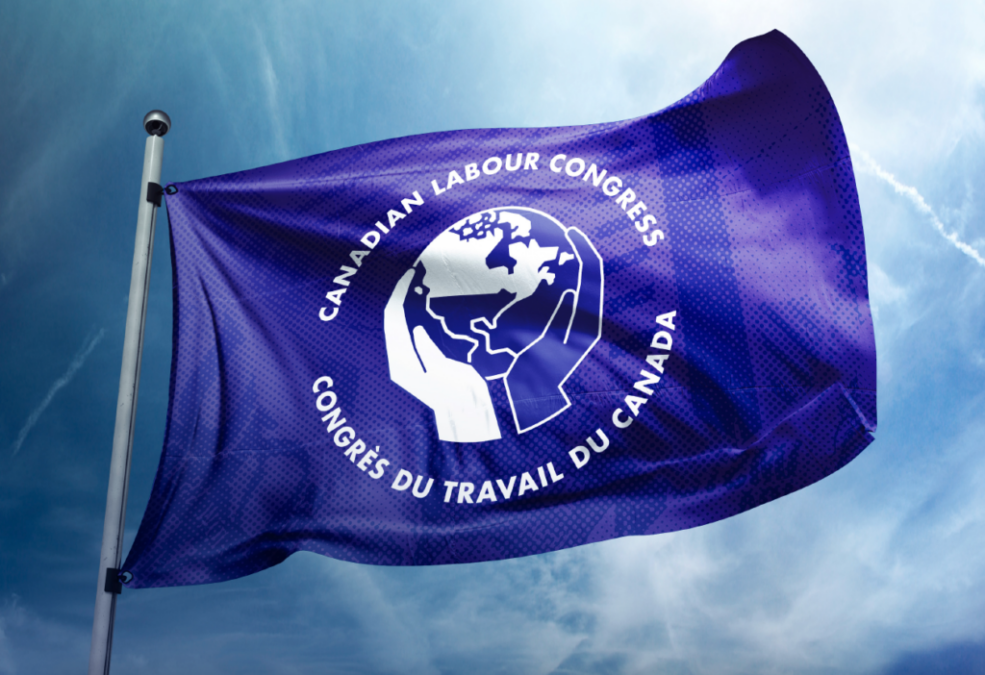
By Hassan Yussuff, as published in the Toronto Sun.
Finally, some good news for the millions of Canadians who have to choose between paying for groceries or their prescription medications.
Canada’s Advisory Council on the Implementation of National Pharmacare has laid out a clear path for public, single-payer, universal pharmacare in its final report.
“The time for universal, single-payer, public pharmacare has come,” writes Dr. Eric Hoskins, the Council’s chair. “This is our generation’s national project: better access to the medicines we need, improved health outcomes and a fairer and more sustainable prescription medicine system.”
This is the unfinished business of medicare, as envisioned by the late Tommy Douglas. As Saskatchewan’s seventh premier, Mr. Douglas pioneered North America’s first universal, single-payer health care system. It would become a cornerstone of Canada’s social safety net and a key pillar of our nation.
We know that a fair society must be one in which every person has the opportunity to succeed and to thrive. Just as unions have advocated for expanded pensions and better workplace conditions for all workers, so, too, do we believe that universal, public pharmacare is a necessary step towards greater fairness.
As numerous studies have shown, millions of Canadians are struggling to afford to pay for their prescription medications. One study found that nearly a million Canadians sacrificed basic needs such as food, and close to a quarter of a million people gave up heating their homes. This lack of affordability is hurting not only people’s health and well-being, but the economic strength of our communities.
The new report demonstrates that every family will save, on average, $350 per year on medications. It also points out that the average business owner will save about $750 per employee. That will open up capacity for businesses to increase wages, or expand other types of coverage, including for dental and vision care. It also supports small businesses that find it difficult to compete for workers when they can’t afford to offer drug coverage.
There will be an upfront cost, specifically at the outset, but as time goes on, the money our provincial health care systems will save will be significant. A recent study found that over 300,000 people had additional doctor visits, 93,000 had to go to the emergency department and 26,000 people were admitted to hospital – all because they couldn’t pay for their medications. That creates a significant burden on the health care system, one that we can alleviate with a national drug plan.
There’s a lot of money to be made in the pharmaceutical and insurance industries. Canadians pay some of the highest drug prices in the world, up to an additional $9.9 billion per year, according to the Canadian Health Coalition. Those prices would come down, saving at least five billion dollars with population-wide bargaining and competitive prices.
But you can bet there are plenty of wealthy corporate shareholders who are very satisfied with the status quo and who will always put those inflated profits ahead of people’s health care needs.
In fact, a report by the Canadian Federation of Nurses Unions earlier this year uncovered a 600% increase in lobbying by at least one major industry group between 2017 to 2018.
“The pharmaceutical industry sees the implementation of pharmacare as worthy of the deployment of unprecedented lobbying resources,” concludes the report.
Our governments, though, serve the public good, not private interests. That’s why the independent advisory council has provided the clearest blueprint yet for this major investment in the people of Canada.
Will our elected officials support this national vision? Or will they toe the industry line and support half-measures that will continue to line industry pockets while putting people’s health at risk?
It’s up to voters to ask those questions in the lead up to this fall’s federal election.
Hassan Yussuff is the President of the Canadian Labour Congress. Follow him on Twitter @Hassan_Yussuff.





